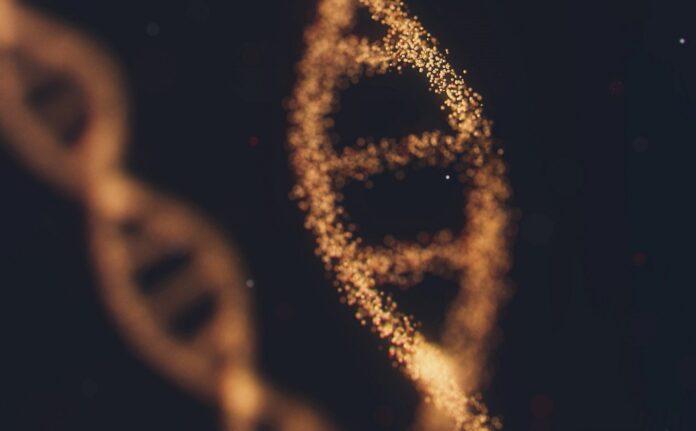A gene variant of OAS1 has been implicated in reducing the risk of severe COVID-19 disease. This warrants developing agents/drugs that can increase the level of OAS1 enzyme, thereby reducing the severity of COVID-19.
Advanced age and comorbidities are known to be high risk factors for COVID-19. There are several studies suggesting that genetic make-up predisposes some people to severe symptoms of COVID-19, while others remain almost immune to the disease1.
While investigating whether circulating proteins affect susceptibility and severity to COVID-19, the researchers found association of increased OAS enzyme levels with reduced COVID-19 severity or death. OAS genes encode enzymes that are induced by interferons and activate latent RNase L, resulting in degradation of intracellular double-stranded RNA, as possible antiviral mechanism. The OAS1/2/3 locus on chromosome 12 (12q24.13), of Neanderthal origin confers 23% reduced risk of patients becoming critically ill with COVID-192. While certain studies implicate increased OAS1 levels with reduced risk for COVID-19, other studies implicate increase in OAS3 levels to be associated with reduced risk. Due to the presence of numerous genetic variants in the locus, identifying the exact variant responsible is important for drug development for agents that increase OAS levels.
In a recent meta-analysis of the OAS region of European ancestry that spans 75Kb region harbouring the OAS1, 2 and 3 genes, the investigators found a variant, rs10774671, that represents a longer, 60% more active form of OAS1 enzyme2. This variant was also found in the individuals with African ancestry suggesting that individuals of African ancestry had the same level of protection as those of European ancestry. The longer variant of the protein is found to be more effective in providing protection against SARS-CoV-2. This recent study has demonstrated that this splice variant (rs10774671) of OAS1 is likely responsible for association with reduced COVID-19 severity.2
Based on these studies, agents that increase OAS1 levels, are suggested to be prioritised for drug development3.
***
Reference:
- Prasad U 2021. Genetics of COVID-19: Why Some People Develop Severe Symptoms. Scientific European. Posted 6 February 2021. Available at https://www.scientificeuropean.co.uk/covid-19/genetics-of-covid-19-why-some-people-develop-severe-symptoms/
- Huffman, J.E., Butler-Laporte, G., Khan, A. et al. Multi-ancestry fine mapping implicates OAS1 splicing in risk of severe COVID-19. Nat Genet (2022). Published: 13 January 2022. DOI: https://doi.org/10.1038/s41588-021-00996-8
- Zhou, S., Butler-Laporte, G., Nakanishi, T. et al. A Neanderthal OAS1 isoform protects individuals of European ancestry against COVID-19 susceptibility and severity. Nat Med 27, 659–667 (2021). Published: 25 February 2021.DOI: https://doi.org/10.1038/s41591-021-01281-1
***




































